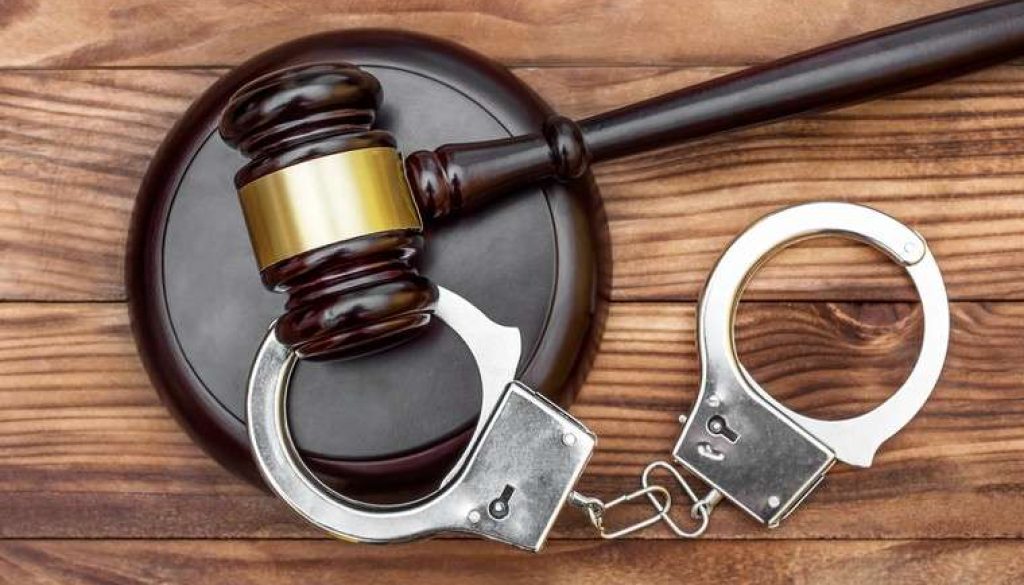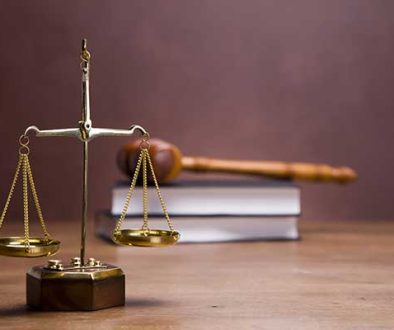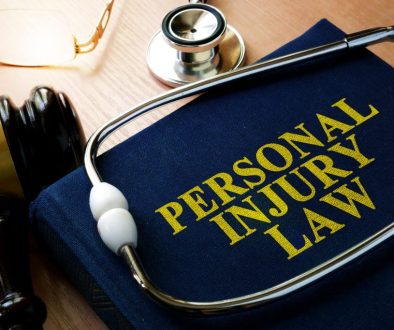Understanding the Stages of a Criminal Defense Case in California
Navigating the criminal justice system can be overwhelming, especially if you or a loved one is facing criminal charges. In California, a criminal defense case typically follows a series of stages, each with its own procedures and significance. Understanding these stages can help you prepare for what lies ahead. Here’s a breakdown of the key stages in a criminal defense case in California.
1. Arrest
The process begins with an arrest, which can occur after a law enforcement officer observes a crime, receives a report of a crime, or issues an arrest warrant. After an arrest, you will be taken into custody and booked, which includes recording personal information and the details of the charges.
2. Initial Appearance/Arraignment
Following the arrest, you will typically be brought before a judge for an initial appearance or arraignment. This usually happens within 48 hours of the arrest (excluding weekends and holidays). During this stage:
- Charges are Read: The judge will inform you of the charges against you.
- Rights are Explained: Your rights will be explained, including the right to an attorney.
- Bail Consideration: The judge may determine whether you can be released on bail or if you should remain in custody.
3. Preliminary Hearing
If the case involves felony charges, a preliminary hearing will be held to determine whether there is enough evidence to proceed to trial. During this stage:
- Prosecution Presents Evidence: The prosecution will present evidence and witnesses to establish probable cause.
- Defense Can Cross-Examine: Your defense attorney can question witnesses and challenge the evidence.
- Judge Makes a Ruling: If the judge finds sufficient evidence, the case moves forward; if not, the charges may be dismissed.
4. Plea Bargaining
Before going to trial, many cases are resolved through plea bargaining. This is a negotiation between the defense and prosecution where the defendant may agree to plead guilty or no contest in exchange for a lesser charge or reduced sentence.
- Benefits: Plea deals can save time, reduce potential penalties, and provide more certainty than a trial.
5. Trial Preparation
If a plea deal is not reached, the case will move to trial preparation. This stage involves:
- Discovery: Both sides exchange evidence and information relevant to the case.
- Pre-Trial Motions: Your attorney may file motions to suppress evidence or dismiss charges based on legal grounds.
- Trial Strategy: The defense will develop a strategy for presenting the case.
6. Trial
If the case proceeds to trial, it will be held in front of a judge and possibly a jury. During the trial:
- Opening Statements: Both the prosecution and defense present their opening arguments.
- Presentation of Evidence: Witnesses are called, and evidence is presented.
- Closing Arguments: Both sides summarize their cases and make their final arguments.
- Jury Deliberation: If it’s a jury trial, the jury will deliberate and reach a verdict.
7. Verdict
After the trial, a verdict will be rendered. The possible outcomes are:
- Guilty: If found guilty, the case will proceed to sentencing.
- Not Guilty: If acquitted, the case is dismissed, and you are free to go.
- Hung Jury: If the jury cannot reach a unanimous decision, the case may be retried.
8. Sentencing
If you are found guilty, the court will schedule a sentencing hearing where the judge will determine the appropriate punishment. Sentencing may include:
- Incarceration: Jail or prison time.
- Probation: Supervised release under certain conditions.
- Fines: Financial penalties.
- Restitution: Compensation to victims for their losses.
9. Appeals
If you believe there was a legal error during your trial, you may have the right to appeal the conviction. The appeals process involves:
- Filing an Appeal: You must file within a specified timeframe after the verdict.
- Review by Higher Court: A higher court will review the case for legal errors and may uphold, reverse, or modify the decision.
Conclusion
Understanding the stages of a criminal defense case in California can help demystify the process and empower you to make informed decisions. Each stage is critical, and having an experienced criminal defense attorney by your side can significantly impact the outcome of your case. If you or someone you know is facing criminal charges, don’t hesitate to seek legal advice to protect your rights and navigate the complexities of the legal system.
Need legal help? In California, navigating legal challenges, whether they involve personal injury, workers’ compensation, criminal defense or civil litigation, can be overwhelming. Expert Attorney Help is here to provide the critical legal support you need. As a leading advocate for individuals facing legal battles, our experienced attorneys understand the complexities of the legal system and are committed to fighting for your best interests. With personalized legal strategies and compassionate support, we are dedicated to achieving the justice and compensation you deserve.
CONTACT US FOR HELP. Call us at (888) 354-6879 or fill out the form on our Contact page.




